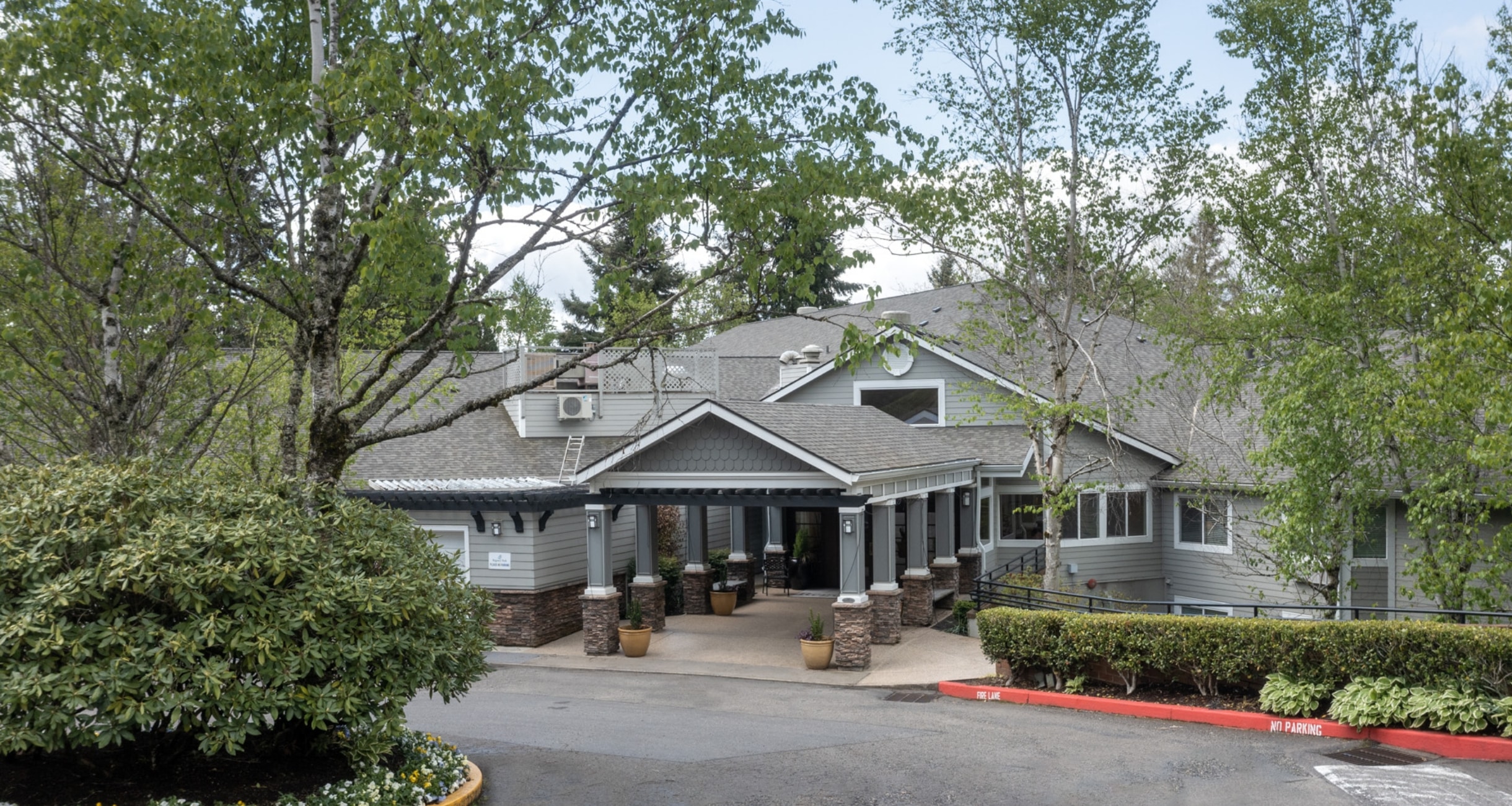Discover Charlotte Memory Care: Compassionate Elder Care Services
What to Expect in Memory Treatment: An In-depth Guide to In-Home Services
As households come to terms with the obstacles of caring for a person with memory loss, the realm of in-home services offers a lifeline of support and specialized care. Understanding what to prepare for in memory treatment is important for making sure the health of both the private with memory impairment and their caregivers.
Daily Routines and activities
Taking part in structured everyday activities and regimens is a basic part of providing top quality take care of people in memory care facilities. These tasks are thoroughly designed to accommodate the details needs of citizens with cognitive disabilities, such as Alzheimer's disease or mental deterioration. Daily regimens play a vital duty in maintaining a sense of familiarity, protection, and purpose for individuals in memory care.

Additionally, everyday routines assist people in memory care facilities to feel more oriented and less anxious. Consistency in activities and routines can lower confusion and anxiety, providing a feeling of stability and comfort. Caregivers and team member play a vital duty in facilitating these activities, guaranteeing that each resident gets customized and thoughtful treatment customized to their one-of-a-kind choices and abilities.
Specialized Care Provider
Within memory treatment centers, specialized treatment solutions are necessary to deal with the distinct needs and challenges faced by individuals with cognitive impairments such as Alzheimer's disease or mental deterioration. These solutions are designed to supply tailored assistance that satisfies the details requirements of residents handling memory loss. Specialized treatment solutions in memory care centers frequently include individualized treatment plans, help with activities of daily living, drug monitoring, and behavior therapies targeted at enhancing quality of life and minimizing distress.
Moreover, memory treatment centers usually offer organized programs and tasks specifically designed to promote cognitive function and promote social involvement among locals. These activities might include memory-enhancing workouts, sensory excitement therapies, and memory therapy sessions. Additionally, specialized treatment services commonly include normal monitoring of citizens' health and health by skilled team member who are outfitted to deal with the one-of-a-kind challenges linked with cognitive decrease.
Precaution and Atmosphere
Applying strict safety actions and creating a safe environment are vital priorities in memory care centers to ensure the wellness and defense of locals with cognitive disabilities. Safety and security in memory care begins with protected building style, including locked doors and kept an eye on access to avoid residents from roaming outdoors not being watched. Furthermore, centers usually have alarm systems and monitoring electronic cameras to monitor locals and react rapidly to any type of emergencies. Inside, the atmosphere is meticulously planned to reduce risks, with hand rails, order bars, and non-slip floor covering to avoid falls. Furniture is organized to help with simple navigation, and potentially unsafe items are secured away or eliminated. Personnel receive specialized training in handling emergencies, de-escalating challenging behaviors, and guaranteeing the safety of locals in any way times. Routine safety assessments are conducted to identify and address any kind of possible threats without delay. By focusing on security measures and maintaining a safe and secure atmosphere, memory care facilities aim to provide a encouraging and protective setup for individuals with cognitive problems.
Communication and Engagement Techniques
With a focus on promoting significant interactions and improving high quality of life, efficient communication strategies play an important function in supporting people in memory treatment centers. Interaction in memory care includes understanding the unique demands of residents who might have cognitive disabilities like mental deterioration.
Involvement methods are likewise vital in memory care, aiding citizens stay active, stimulated, and linked to their surroundings. Activities like music therapy, art classes, memory sessions, and sensory excitement can spark memories, boost state of mind, and advertise socialization. Customizing activities to each person's capacities and rate of interests is essential to cultivating engagement and a sense of achievement. Additionally, integrating acquainted objects, pictures, and music from the person's past can supply convenience and promote favorable memories. By focusing on customized interaction and engagement strategies, memory treatment centers can enhance the general well-being and lifestyle for their locals.
Caretaker Support and Resources
Provided the crucial function caretakers play in executing reliable interaction and engagement techniques for citizens in memory care facilities, providing appropriate assistance and sources is important to make sure the health of both the caregivers and the individuals under their care. Caretakers this link in memory treatment setups usually face one-of-a-kind challenges that can impact their emotional and physical well-being. To address these obstacles, different assistance systems and sources are readily available to assist caregivers in offering the very best possible treatment.
One crucial kind of assistance is caretaker education and learning and training programs. These programs outfit caretakers with the essential abilities and expertise to properly take care of the habits and symptoms connected with amnesia. Additionally, support groups supply caretakers the opportunity to connect with others that are experiencing comparable challenges, supplying a sense of community and understanding.

Final Thought

Engaging in structured day-to-day activities and regimens is an essential part of offering high quality treatment for individuals in memory treatment centers.Within memory care centers, specialized care services are crucial to deal with the unique requirements and obstacles faced by individuals with cognitive problems such as Alzheimer's illness or mental deterioration. Specialized treatment services in memory treatment facilities commonly consist of personalized care strategies, assistance with activities of daily living, drug management, and behavioral treatments intended at enhancing high quality of life and lessening distress.
Given the essential function caregivers play in executing efficient interaction and engagement techniques for citizens in memory treatment facilities, providing sufficient support and resources is necessary to make certain the health of both the caretakers and the individuals under their treatment. Daily tasks, specialized treatment services, safety and security measures, communication techniques, and caregiver support are crucial elements of in-home memory care.